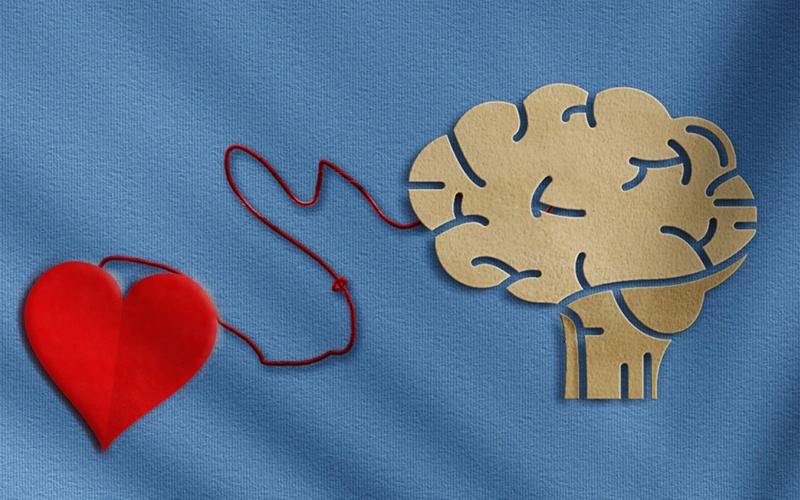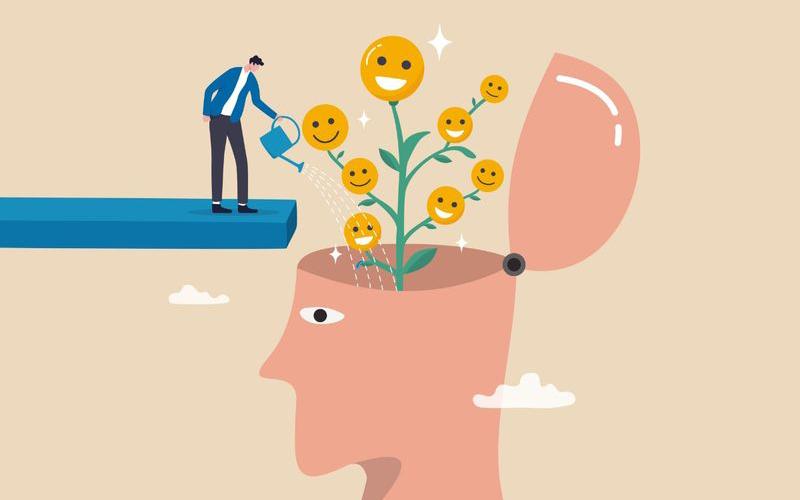Loneliness: Understanding and Overcoming Isolation
What Is Loneliness?
Loneliness is a complex emotional state that arises when a person feels disconnected from others. It can manifest as a sense of isolation, even when surrounded by people, or as a lack of meaningful connections that leaves one feeling misunderstood or unsupported. Unlike simply being alone, loneliness is characterized by a perceived gap between the social interaction a person desires and what they actually experience. This gap can lead to significant emotional distress and can impact mental and physical health.
The Causes of Loneliness
Loneliness can stem from various sources, including life changes such as moving to a new city, ending a relationship, or the loss of a loved one. In some cases, individuals might experience loneliness due to shyness, social anxiety, or depression, which can create barriers to forming and maintaining relationships. Additionally, modern technology, while connecting people in unprecedented ways, can also contribute to loneliness by fostering superficial connections that lack depth and meaning.
The Impact of Loneliness
Chronic loneliness can have serious implications for both mental and physical health. Studies have shown that prolonged loneliness is associated with increased risks of depression, anxiety, and stress, as well as physical ailments such as heart disease and weakened immune function. The psychological impact of loneliness can lead to a downward spiral, where feelings of isolation exacerbate existing mental health issues, creating a cycle that is difficult to break.
Strategies for Overcoming Loneliness
Addressing loneliness requires a proactive approach to building and nurturing social connections. One effective strategy is to engage in community activities or join clubs and groups that align with your interests. These environments provide opportunities to meet like-minded individuals and foster meaningful relationships. Additionally, cultivating a strong sense of self-compassion and practicing mindfulness can help manage feelings of loneliness by focusing on the present moment and recognizing the value of your own company.
It is also important to reach out to others, even when it feels challenging. Opening up to friends or family members about your feelings can lead to deeper connections and support. For those who find it difficult to form social connections, seeking the help of a therapist or counselor can provide guidance and tools for building relationships.
The Role of Self-Reflection
Understanding your own feelings of loneliness is the first step toward addressing them. Reflecting on the nature of your social interactions, identifying any barriers you face, and acknowledging the impact of loneliness on your life can empower you to make positive changes. Sometimes, completing an assessment or questionnaire on loneliness can provide valuable insights into your experiences and help you identify areas where you might need to make adjustments.



